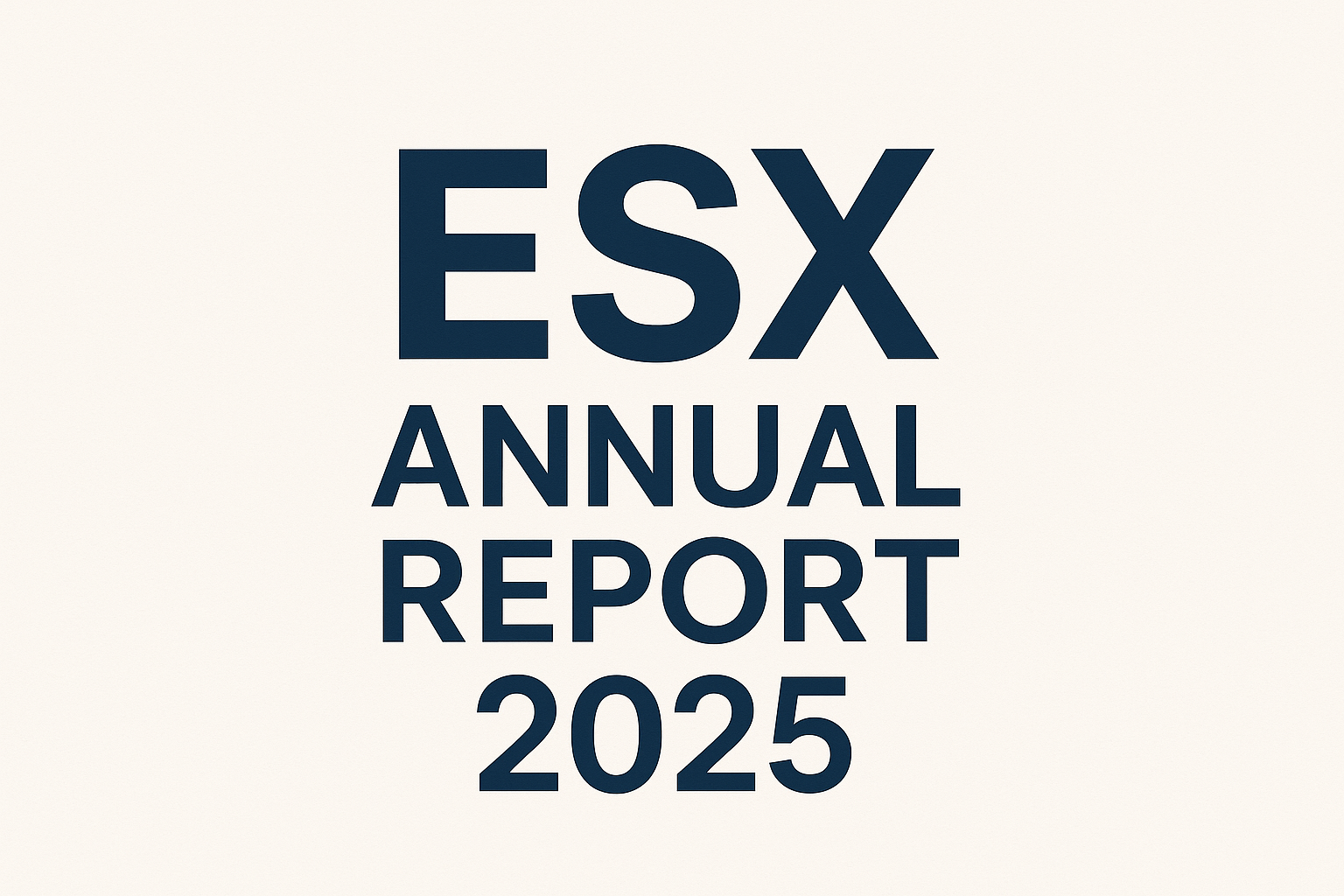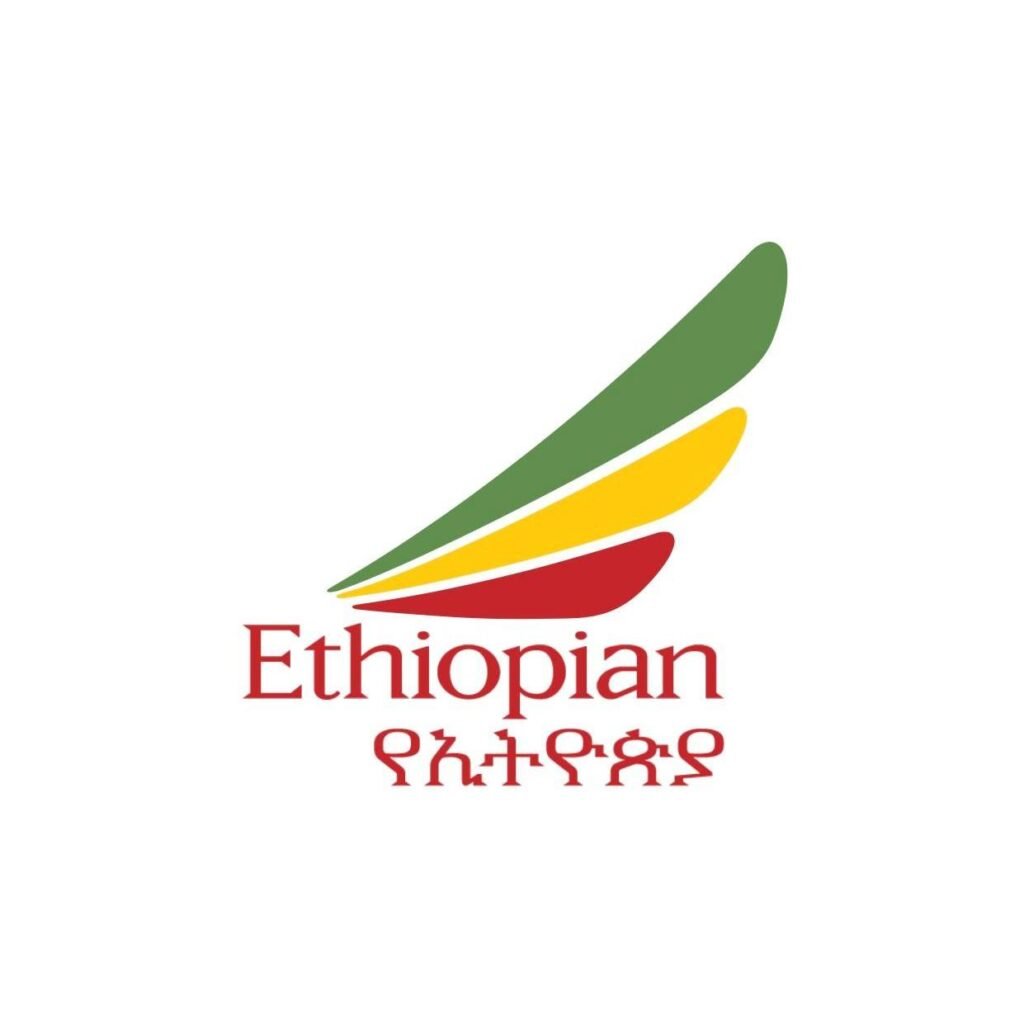Ethiopia Secures High-Stakes Meeting with Trump Amid Looming Travel Ban and Human Rights Controversy
Addis Ababa, June 19, 2025 Ethiopia has cemented its diplomatic position as the second African nation to secure formal talks with President Donald J. Trump since the start of his second administration. Ambassador Benalf Andualem met with Trump at the White House this week, following South Africa’s presidential visit in May. This high-profile engagement unfolds against a backdrop of potential U.S. travel restrictions targeting Ethiopia and 24 other African nations, alongside unresolved human rights controversies that continue to shadow U.S.-Ethiopia relations.
Diplomatic Breakthrough: Inside the White House Meeting
The Ministry of Foreign Affairs characterized the encounter as a “formal diplomatic welcome,” reinforcing the longstanding bilateral ties between the two nations. Ambassador Benalf, Ethiopia’s former Minister of Peace appointed as Special Envoy to the U.S. in November 2024, represented Prime Minister Abiy Ahmed’s government in discussions centered on enhanced cooperation in peace, security, and economic development.
“The meeting marks the beginning of many future discussions,” declared an official statement, emphasizing “limitless” potential for collaboration. This diplomatic achievement positions Ethiopia, Africa’s second-most populous nation and a key regional power, as a strategic partner for Washington in an increasingly competitive geopolitical landscape.
The Shadow of Sanctions: Ethiopia’s Inclusion on Travel Ban Watchlist
The diplomatic triumph coincides with Ethiopia’s inclusion on a U.S. State Department memo listing 36 countries facing potential visa restrictions. Signed by Secretary of State Marco Rubio, the document gives targeted nations a 60-day deadline (expiring August 2025) to address specific deficiencies or face partial or full travel bans. The memo explicitly cites concerns about Ethiopia’s capacity to produce “reliable identity documentation” and references problematic “visa overstay” statistics. With 25 African countries on the expanded list, including strategic partners like Egypt, Djibouti, Ghana, and Nigeria, critics argue the policy disproportionately targets the African continent.
Human Rights: The Unresolved Contradiction
Beneath the diplomatic fanfare lies a stark contradiction: The Biden administration lifted Ethiopia’s “gross human rights violations” designation in June 2023 despite evidence of ongoing atrocities. This decision reopened avenues for substantial economic assistance and International Monetary Fund (IMF) support but drew sharp condemnation from human rights organizations.
– Continued Abuses: Human Rights Watch documented an “ethnic cleansing campaign against Tigrayans” persisting months after the November 2022 peace agreement, including torture, arbitrary detentions, and forced expulsions.
– Aid Scandal: In June 2023, USAID suspended food aid to Ethiopia after discovering “widespread and coordinated” theft involving federal and regional officials—exposing systemic corruption.
– Congressional Pressure: Senator Bob Menendez (D-N.J.) publicly accused Ethiopian officials of genocide in Tigray and criticized the State Department for avoiding a formal atrocity determination.
The Trump administration has not reversed the lifted designation, signaling a pragmatic, critics say cynical, prioritization of strategic interests over accountability.
Historical Context: A Relationship Forged in Realpolitik
U.S.-Ethiopia relations have historically prioritized geopolitics over democratic values:
– Cold War Alliance (1950s-1977): Washington trained Ethiopia’s military and established intelligence bases in Eritrea, backing Emperor Haile Selassie despite his feudal repression.
– War on Terror Partnership (2000s): The CIA collaborated with Ethiopia’s TPLF-led government to invade Somalia, inadvertently fueling radicalization.
– Abiy’s Reversal: Nobel laureate Abiy Ahmed, initially hailed as a reformer, led a devastating civil war (2020-2022) that killed over 600,000 people, surpassing documented casualties in Ukraine.
Ethiopia’s strategic value remains undeniable: it hosts the African Union, contributes significantly to UN peacekeeping, and assisted U.S. evacuations from Sudan in 2023.
Geopolitical Calculus: Why Ethiopia Matters to Washington
The White House engagement reflects Ethiopia’s critical role in three key areas:
1. Regional Stability: As the Horn of Africa faces spillover conflicts from Sudan and Somalia, Ethiopia anchors U.S. security initiatives.
2. Economic Opportunity: Ethiopia boasts one of Africa’s largest populations and economies, with untapped markets for U.S. investment.
3. Great Power Competition: Countering Chinese and Russian influence in Africa necessitates partnerships with major players like Ethiopia.
Ambassador Benalf’s meeting suggests both nations are willing to navigate human rights controversies and looming travel restrictions to advance shared interests. As the 60-day deadline for visa benchmarks approaches, however, Addis Ababa must demonstrate tangible progress to avoid punitive measures that could undermine this diplomatic reset.
Analysis: Ethiopia’s White House moment epitomizes the contradictions of U.S. Africa policy: public embraces of partners facing severe human rights allegations and potential visa bans. While the Trump administration seeks stronger alliances to counter Chinese influence, its immigration crackdown risks alienating the very governments it courts. For Ethiopia, the meeting offers prestige and potential investment but fails to resolve fundamental tensions between America’s strategic interests and its professed values.







